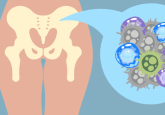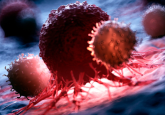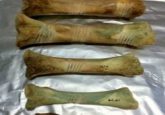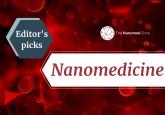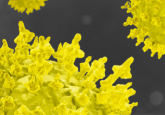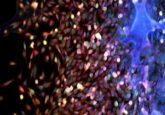Aptamers prove their worth in chemotherapy
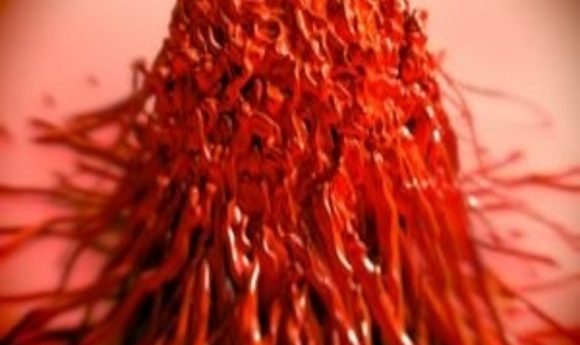
The lab-made antibodies could be utilized in future cancer treatments after a successful trial in mice models.
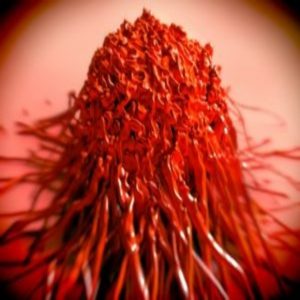
Recent studies have used antibodies in combination with chemotherapy to successfully treat cancer with immunotherapy treatments. However, it is difficult to control where the antibodies trigger immune responses outside of the cancer cells so there are often uncomfortable side-effects, including inflammation.
Aptamers are lab-made molecules, created using single RNA or DNA strands, which can function like antibodies and target cancer cells to the same extent. Their use appears to have no toxic side effects.
“The benefit of aptamers compared to antibodies is that we have more control over where they go and what they do,” explained senior author Bruce Sullenger.
In this new study, published in the Proceedings of the National Academy of Sciences, researchers from the Duke University Medical Center (NC, USA) have shown that the use of aptamers to treat prostate cancer in a mouse model killed the tumor and left healthy tissue almost completely unharmed.
The team focused on an aptamer named E3 that targets prostate cancer cells. E3 was combined with a small dose of a highly toxic chemotherapy agent and injected into mice with human prostate cancer tumors.
The mice receiving the treatment lived up to 74 days, whilst the mice that did not receive any treatment only lived for 46 days.
“In our study, we also developed an antidote that shuts down the aptamer almost immediately, and this is an advantage if, for whatever reason, there might be an adverse reaction,” continued Sullenger.
“That was one of the really exciting things from this work,” commented lead author Bethany Powell Gray, Duke University Medical Center.
“Because they are single strands of RNA, they can be reversed by using a complimentary portion of RNA that will bind and make a double strand to unfold the aptamer.”
The research shows great promise for the future of cancer therapies, if the same positive responses are received in additional animal and human studies.
